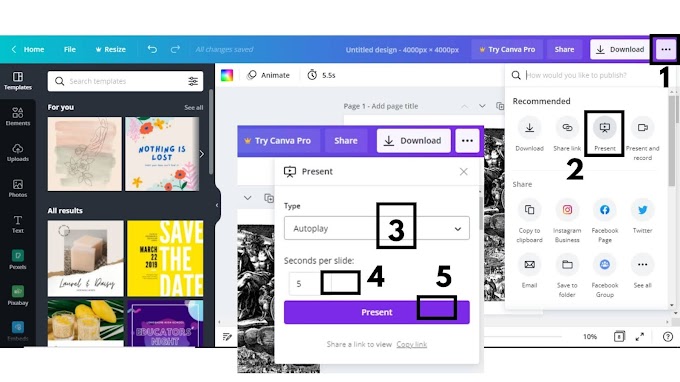Use
a Planner: Organize your study schedule and deadlines.
Find
a Quiet Place: Create a distraction-free study environment.
Use
Active Learning Techniques: Engage actively with the material.
Set
Clear Goals: Define specific, achievable goals for each study session.
Create
a Study Schedule: Develop a consistent study routine.
Use
Mnemonics: Create mnemonic devices to aid memory retention.
Review
Regularly: Review material regularly to reinforce learning.
Set
Priorities: Focus on high-priority tasks and subjects.
Stay
Consistent: Stick to your study schedule consistently.
Practice
time management: Allocate time effectively for each subject.
Stay
Hydrated: Drink plenty of water to stay hydrated and focused.
Exercise
Regularly: Incorporate physical activity into your routine for improved focus.
Take
Care of Your Mental Health: Practice self-care and seek support if needed.
Stay
Positive: Maintain a positive mindset and believe in your abilities.
Break
Tasks into Smaller Steps: Divide large tasks into smaller, manageable steps.
Minimize
distractions: Turn off notifications and limit distractions during study
sessions.
Set
Rewards: Reward yourself for achieving study goals or milestones.
Stay
Flexible: Be open to adjusting your study strategies as needed.
Stay
Curious: Approach learning with curiosity and a desire to explore new ideas.
Experiment
with Different Techniques: Try out different study techniques to find what
works best for you.
Use
Visualization Techniques: Visualize concepts to aid understanding and
retention.
Join
study groups: Collaborate with peers to discuss and review the material.
Use
Practice Exams: Take practice exams to prepare for assessments.
Seek
Feedback: Ask for feedback from teachers, professors, or peers.
Eat
Nutritious Foods: Fuel your body and brain with healthy foods.
Get
Enough Sleep: Prioritize quality sleep for optimal cognitive function.
Take
Regular Breaks: Schedule short breaks to rest and recharge.
Stay
Organized: Keep your study materials tidy and well-organized.
Teach
Others: Teach concepts to others to reinforce your own understanding.
Use
Technology Wisely: Utilize educational apps and online resources effectively.
Stay
Informed: Keep up with course updates, announcements, and deadlines.
Stay
Connected: Stay connected with classmates and teachers for support and
collaboration.
Practice
Deep Breathing: Use deep breathing techniques to reduce stress and stay calm.
Practice
Gratitude: Cultivate gratitude for the opportunity to learn and grow.
Stay
Persistent: Keep pushing forward, even when faced with setbacks or challenges.
Stay
motivated: Keep your long-term goals in mind to stay motivated and focused.
Stay
adaptable: Be flexible and adapt to changes in your study environment or
schedule.
Take
Advantage of Office Hours: Attend office hours to clarify doubts and seek
assistance.
Practice
Active Listening: Listen actively during lectures and discussions to absorb
information effectively.
Use
Flashcards: Create flashcards to memorize key facts, definitions, and concepts.
Stay
Balanced: Maintain a healthy balance between studying and leisure activities.
Practice
Active Reading: Engage with reading material actively by taking notes and
asking questions.
Use
Mind Mapping: Create visual mind maps to organize and connect ideas.
Stay
Engaged: Find ways to make the material more interesting and relevant to you.
Practice
self-discipline: Stay disciplined and motivated even when faced with
challenges.
Set
Realistic Expectations: Set achievable goals and expectations for yourself.
Reward
Yourself: Celebrate your accomplishments and progress along the way.
Reflect
on Your Progress: Reflect on your study habits and progress regularly.
Stay
Mindful: Practice mindfulness to stay present and focused during study
sessions.
Believe
in Yourself: Have confidence in your abilities and believe in your potential
for success.







0 Comments
Please do not enter any spam link in here